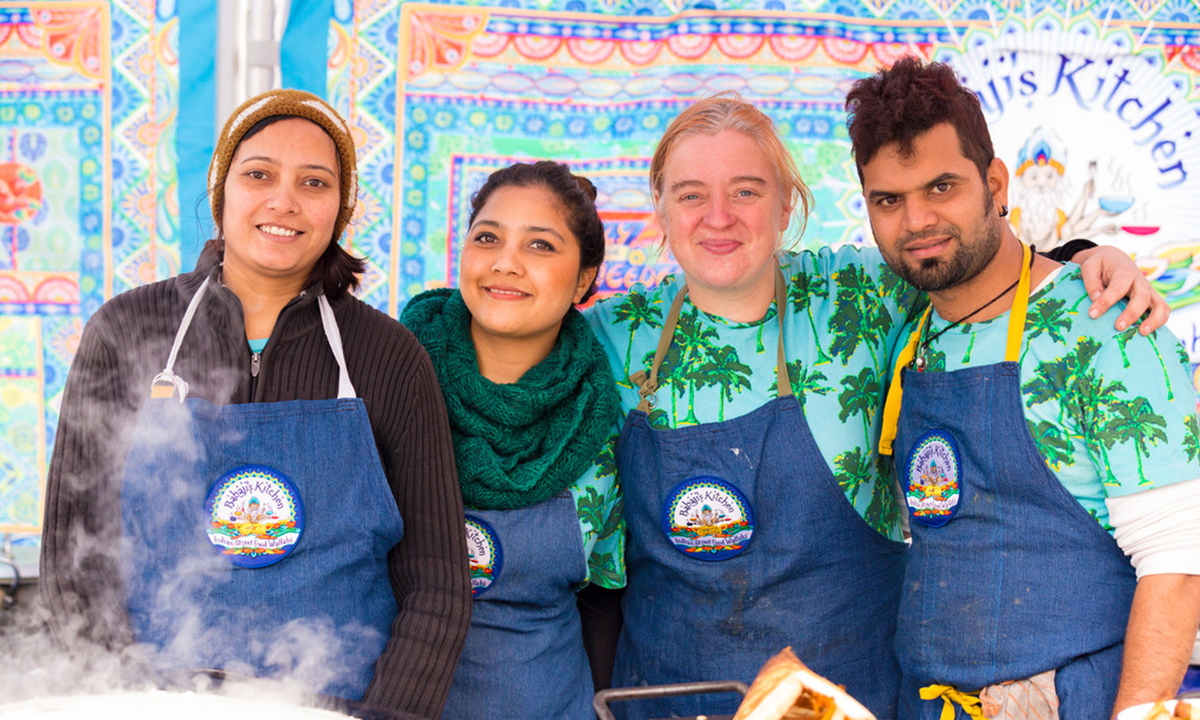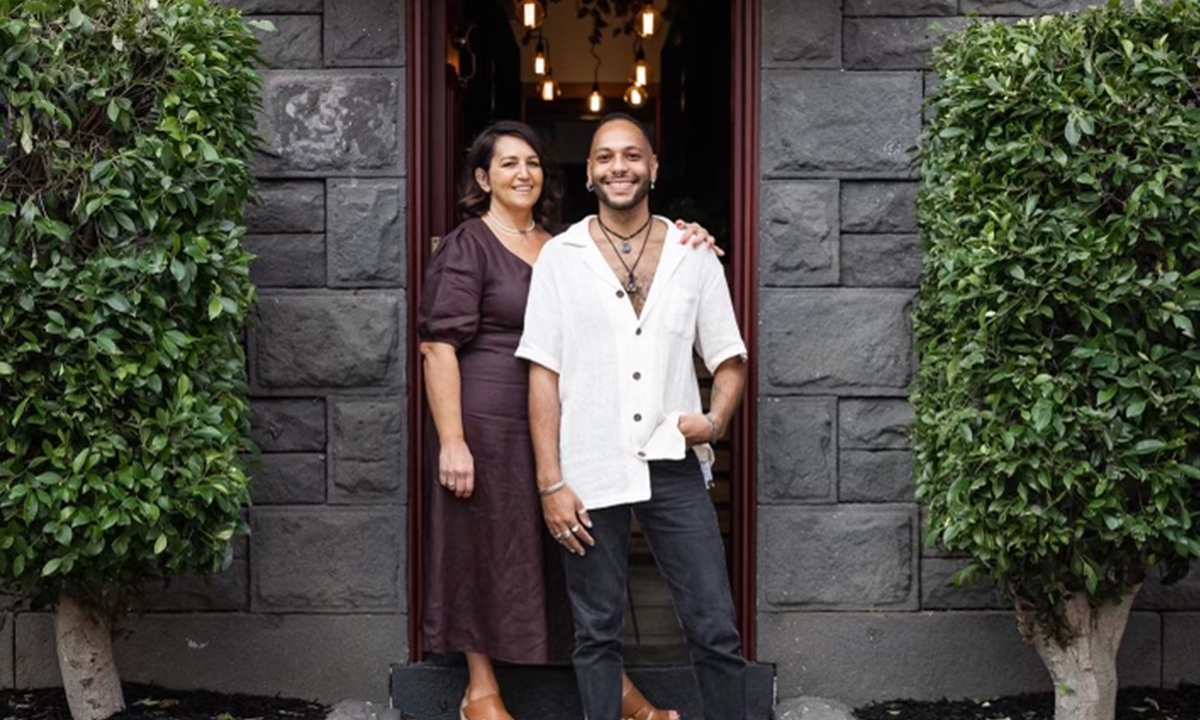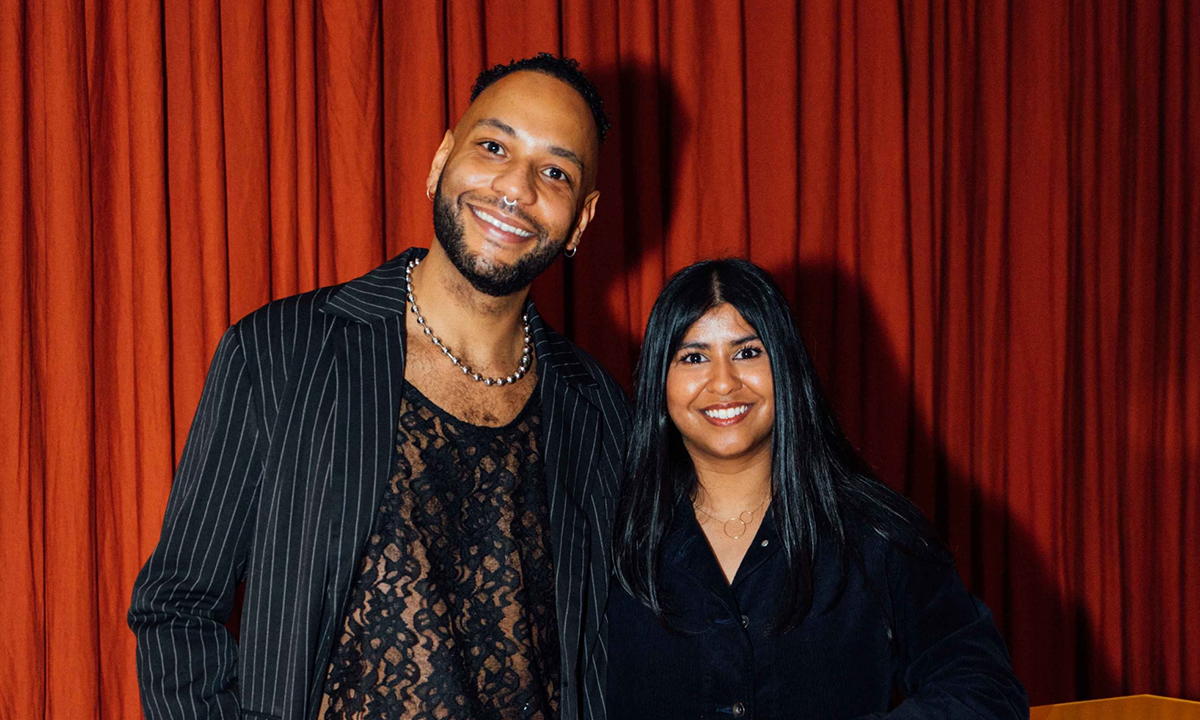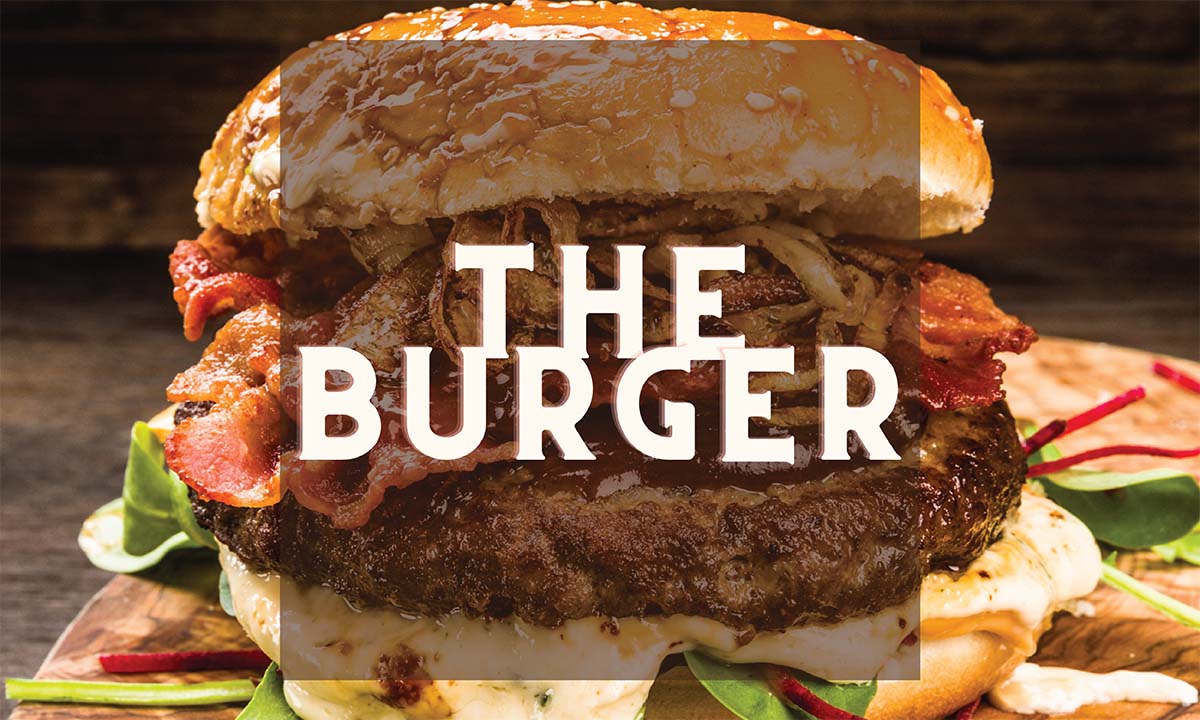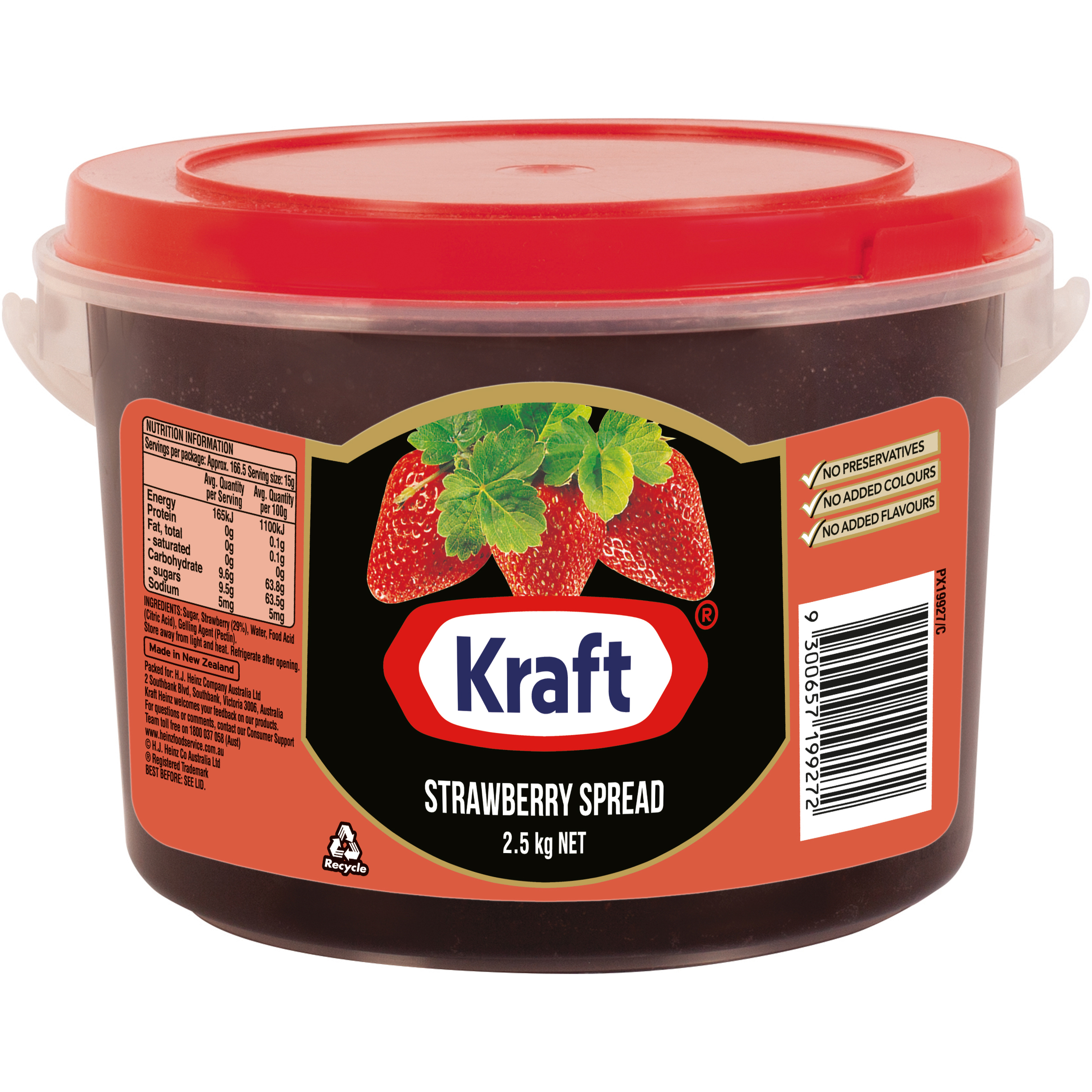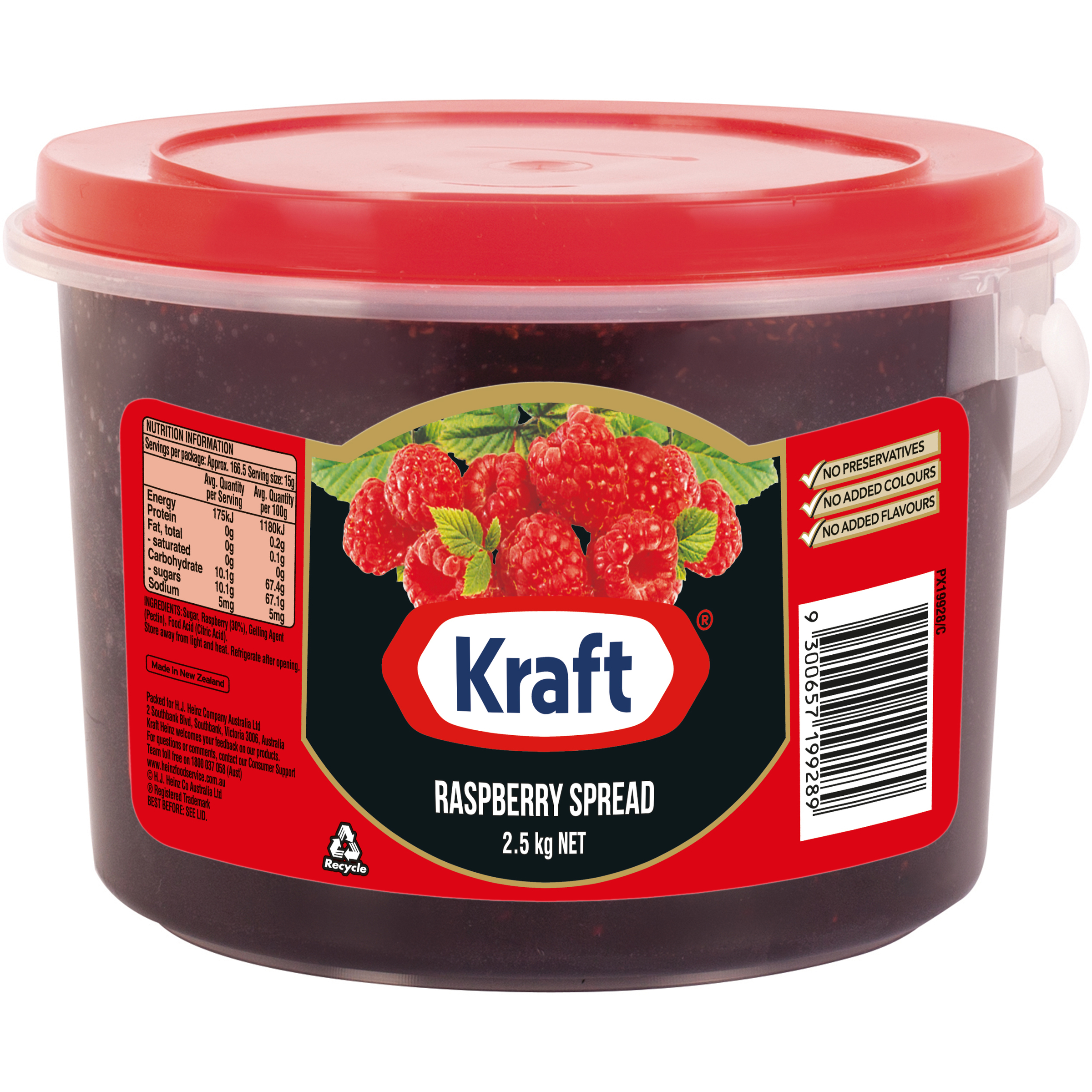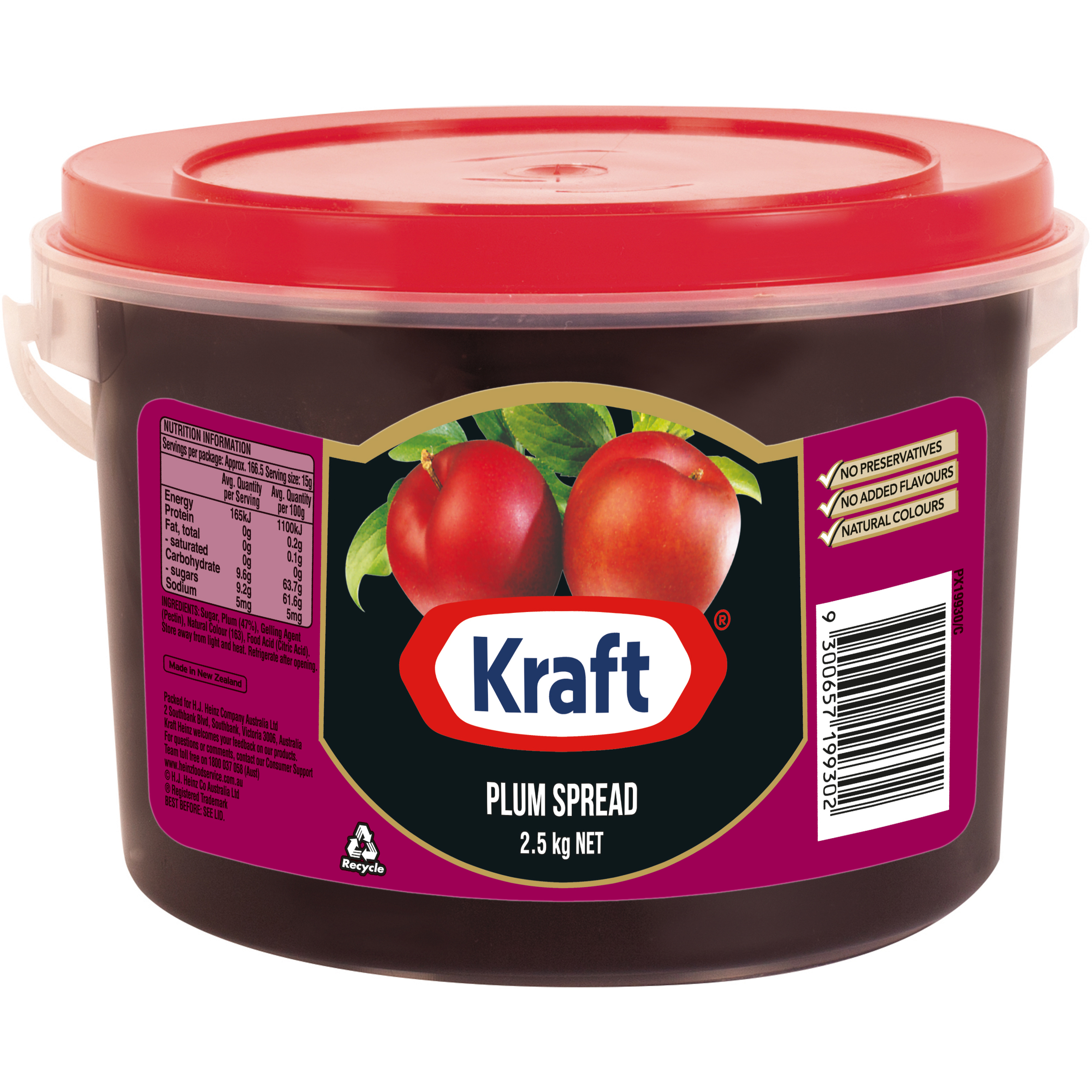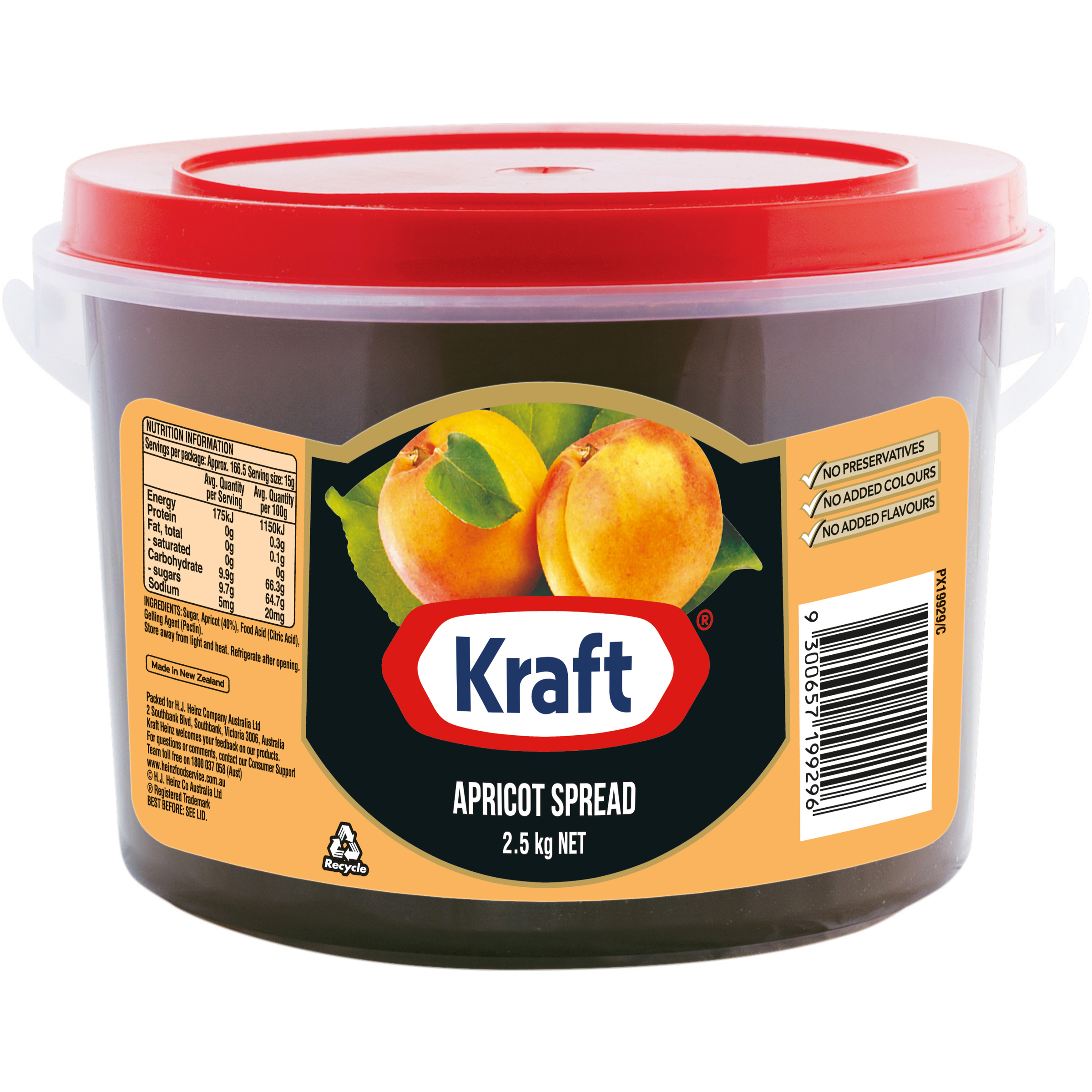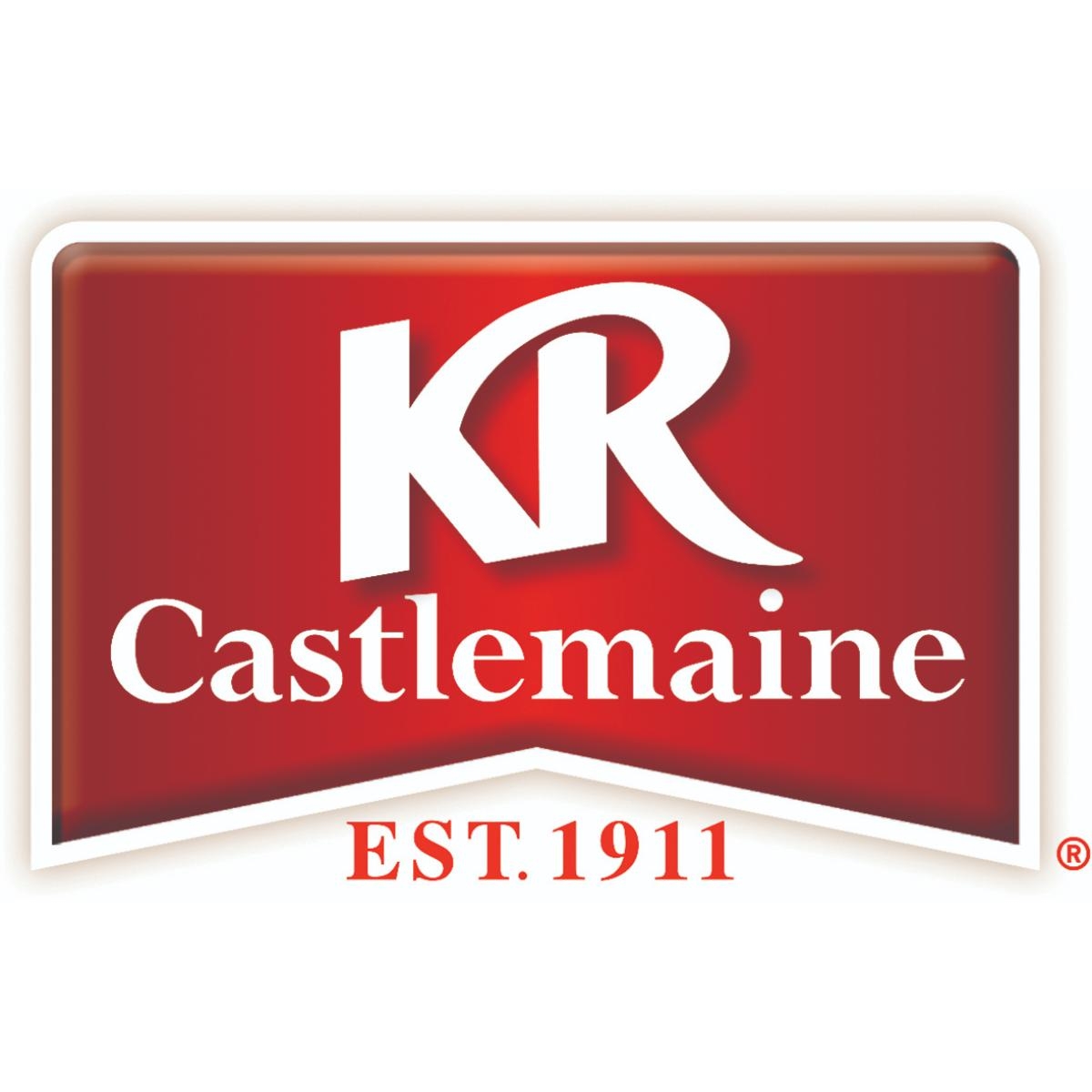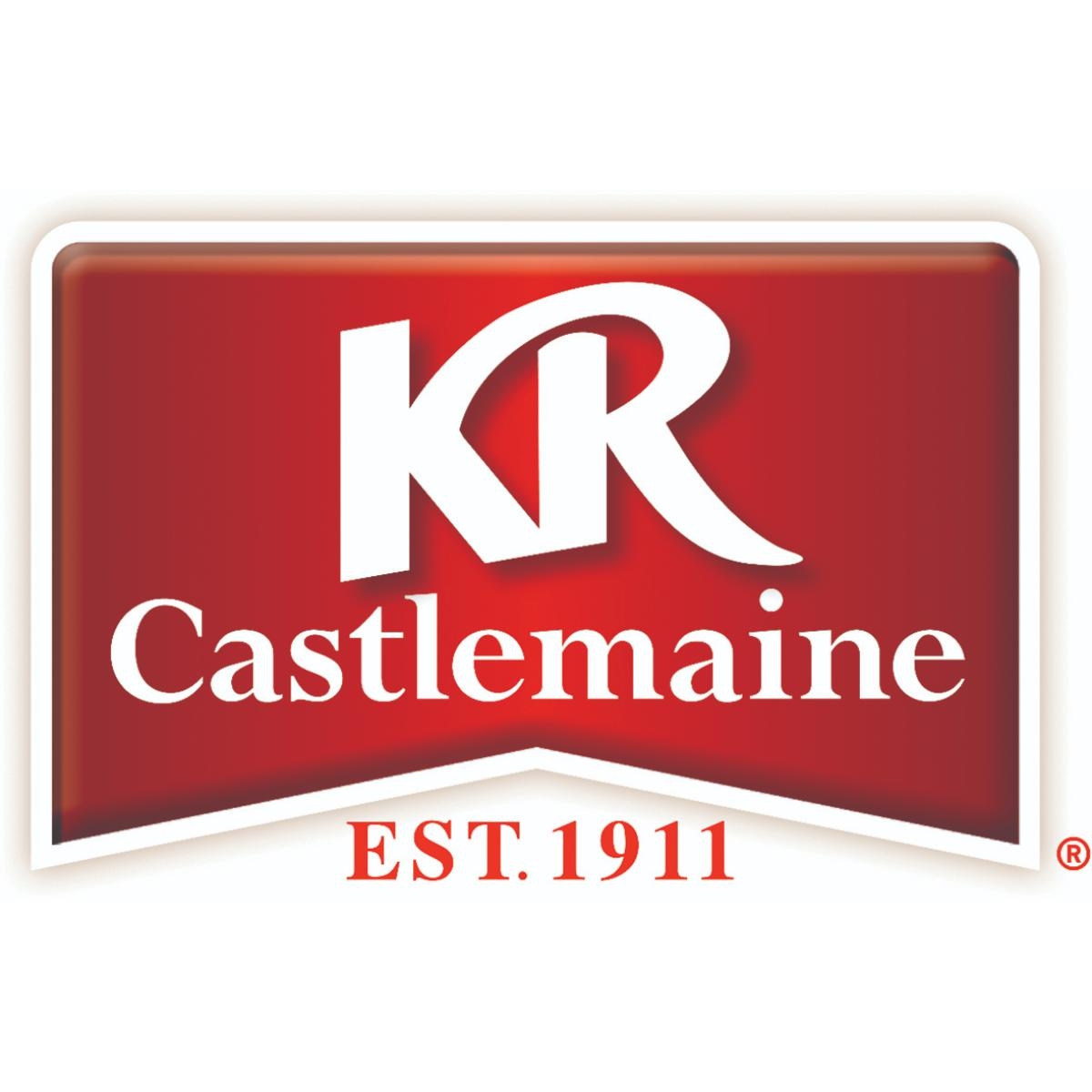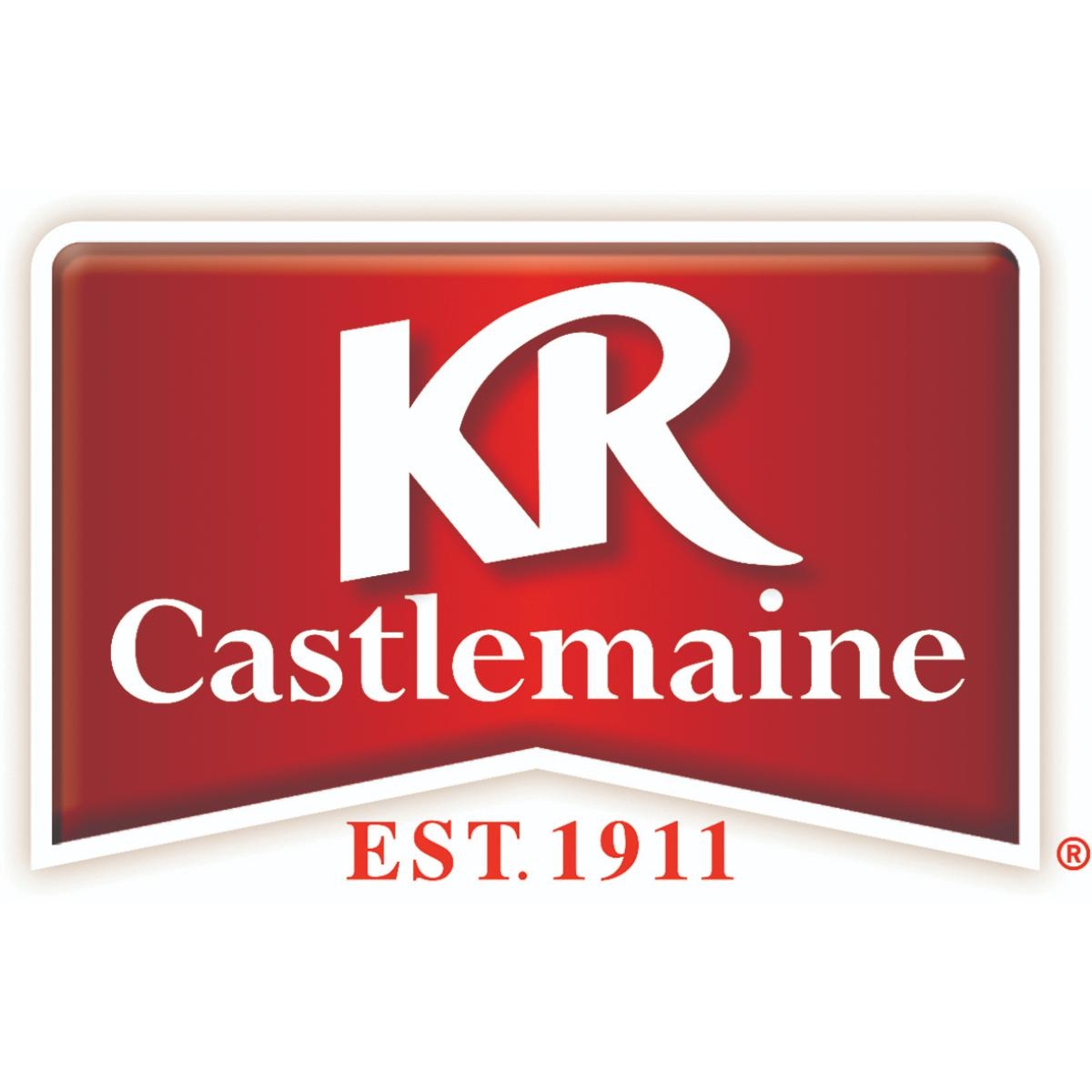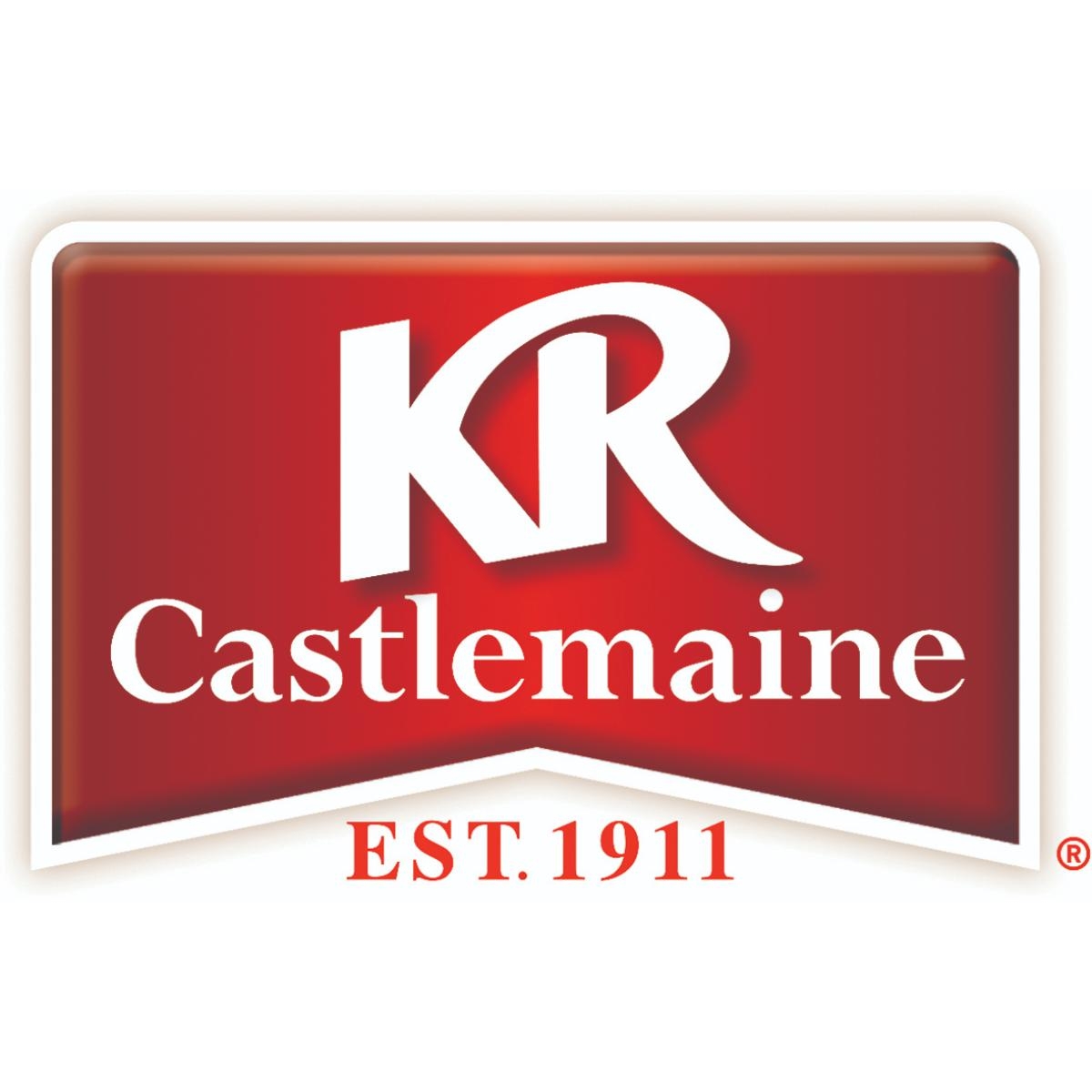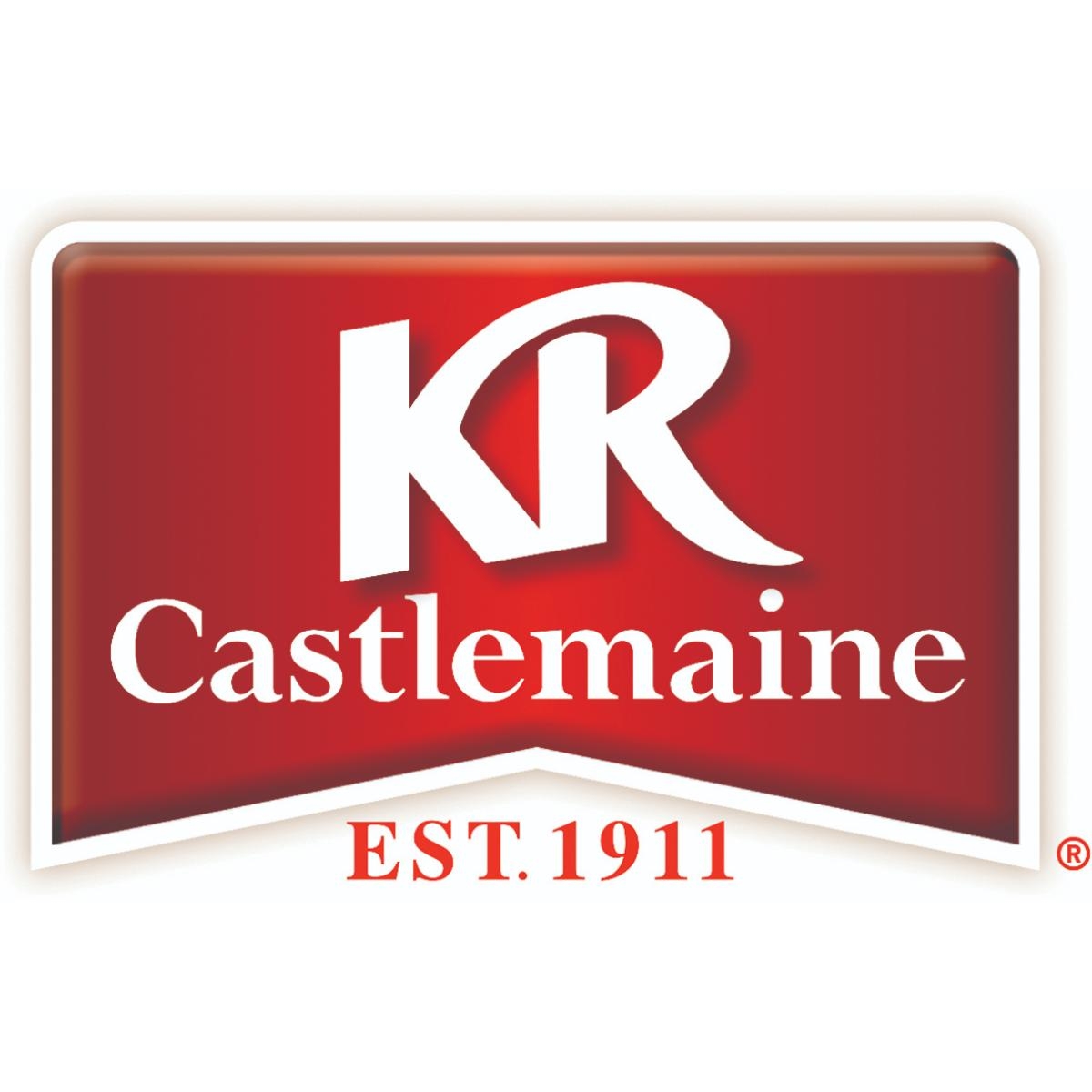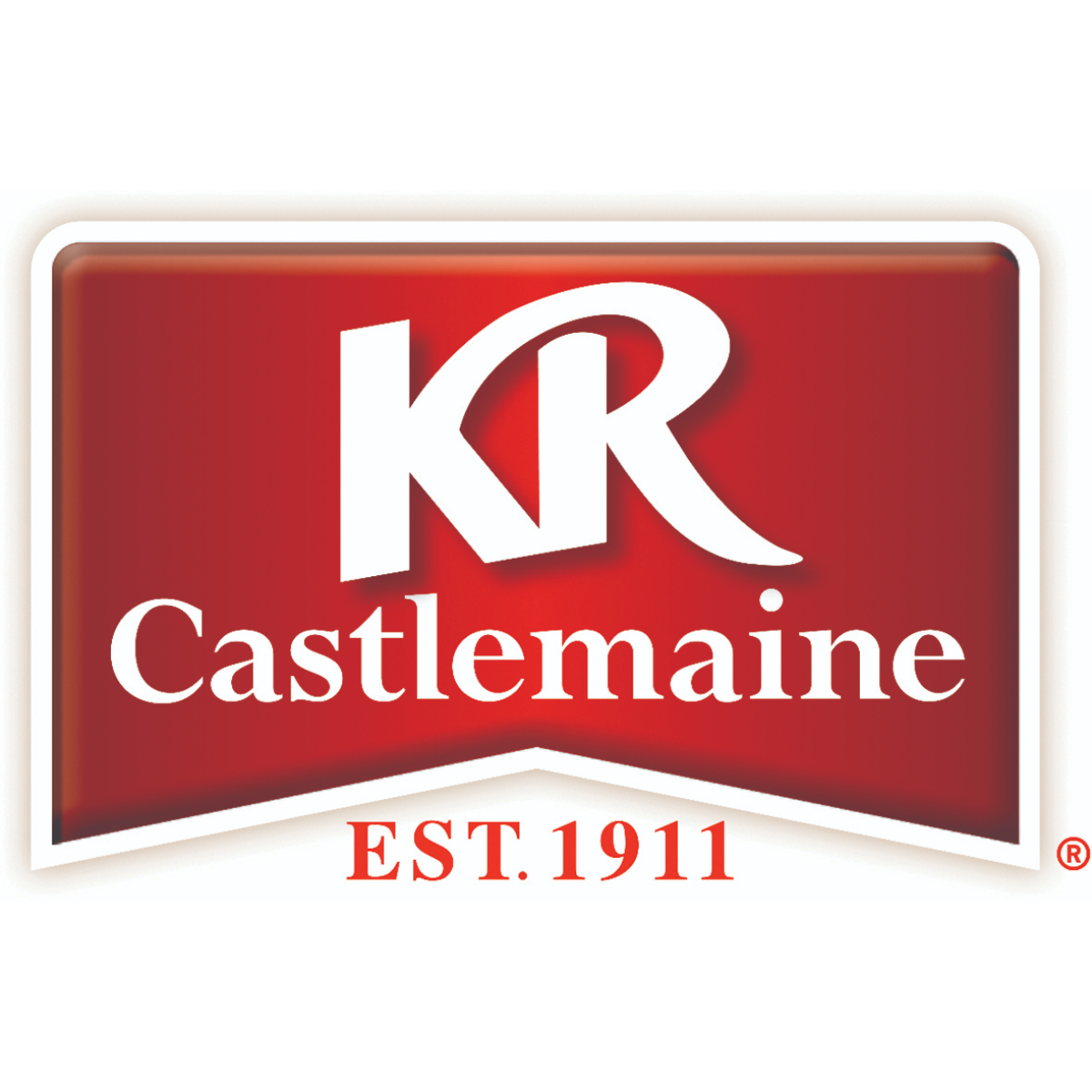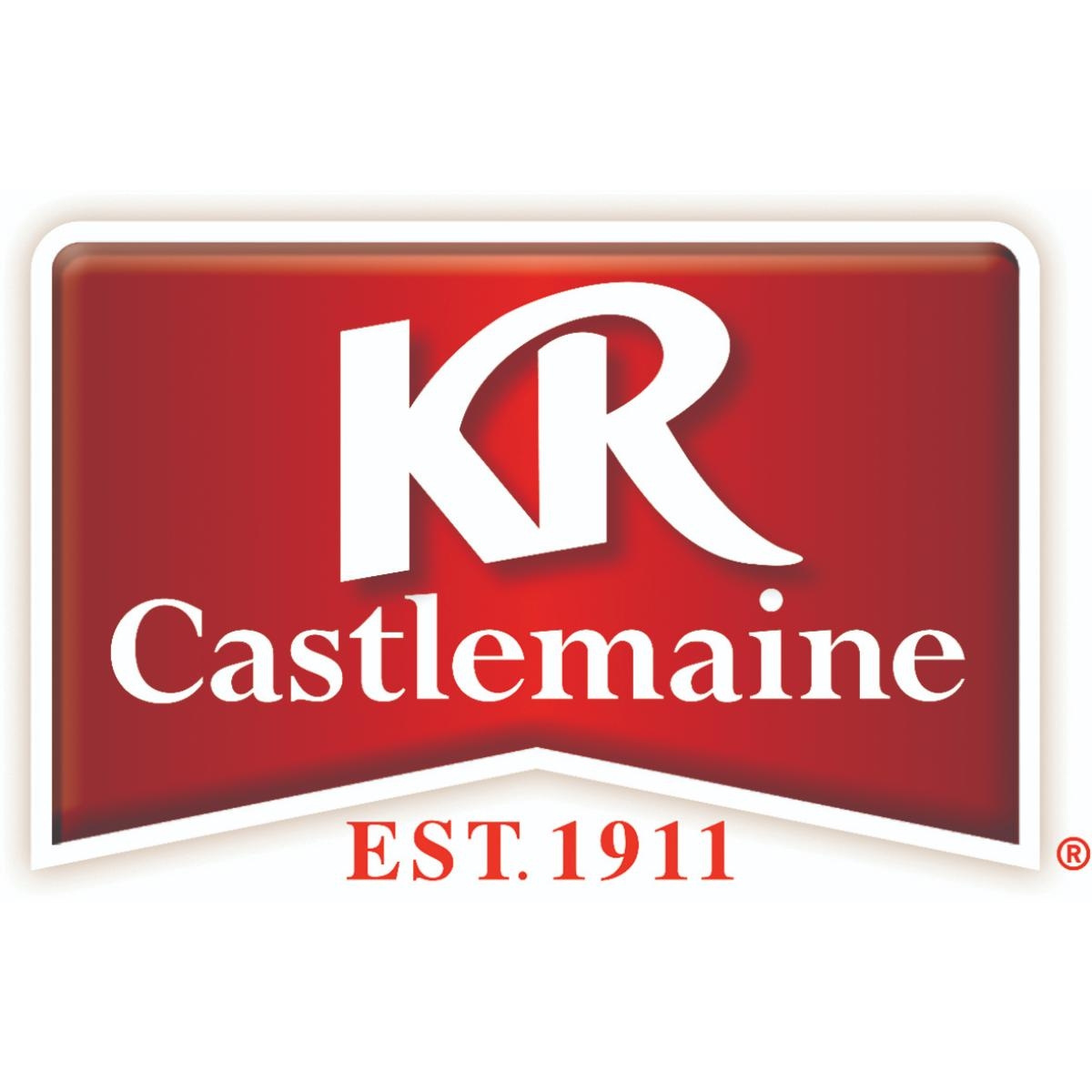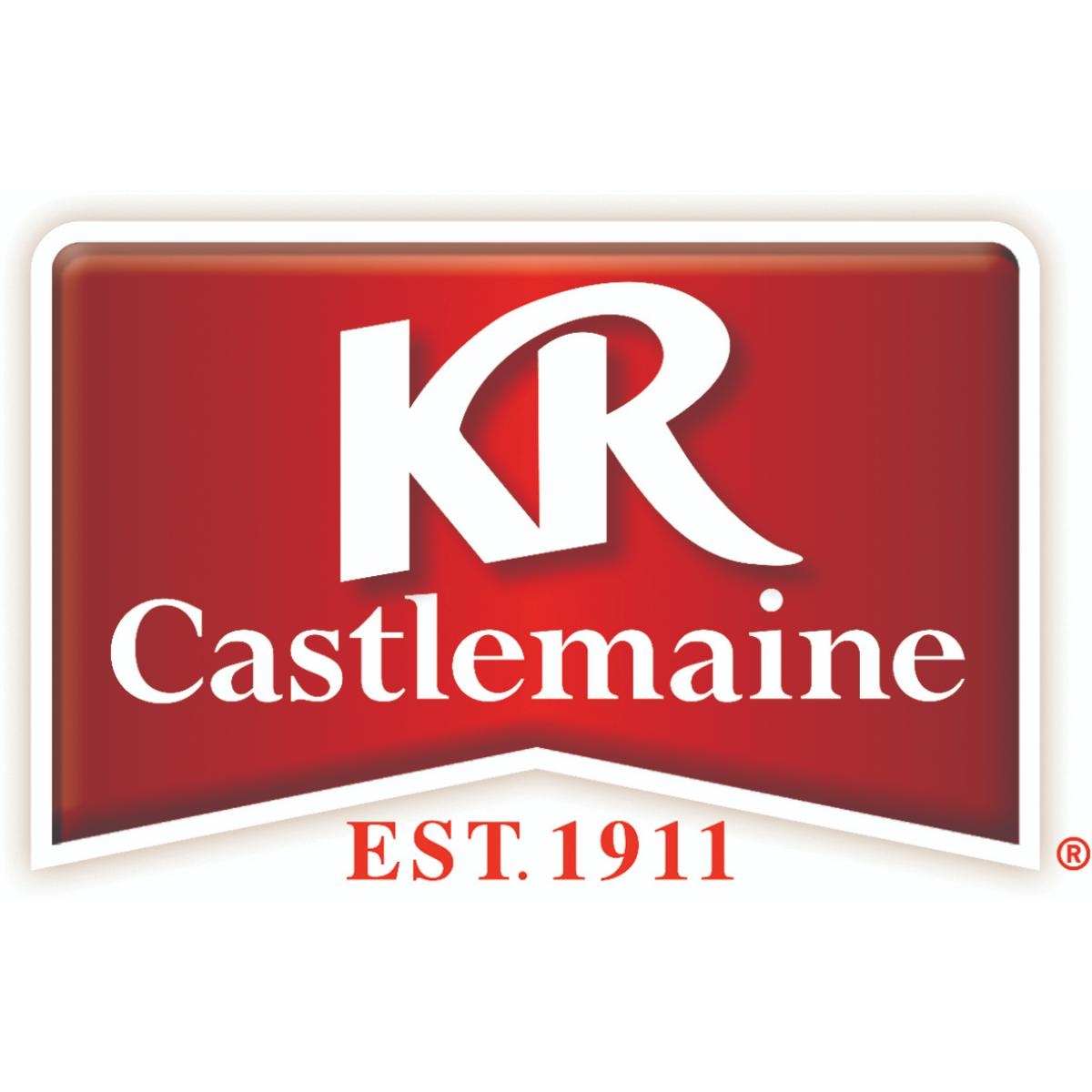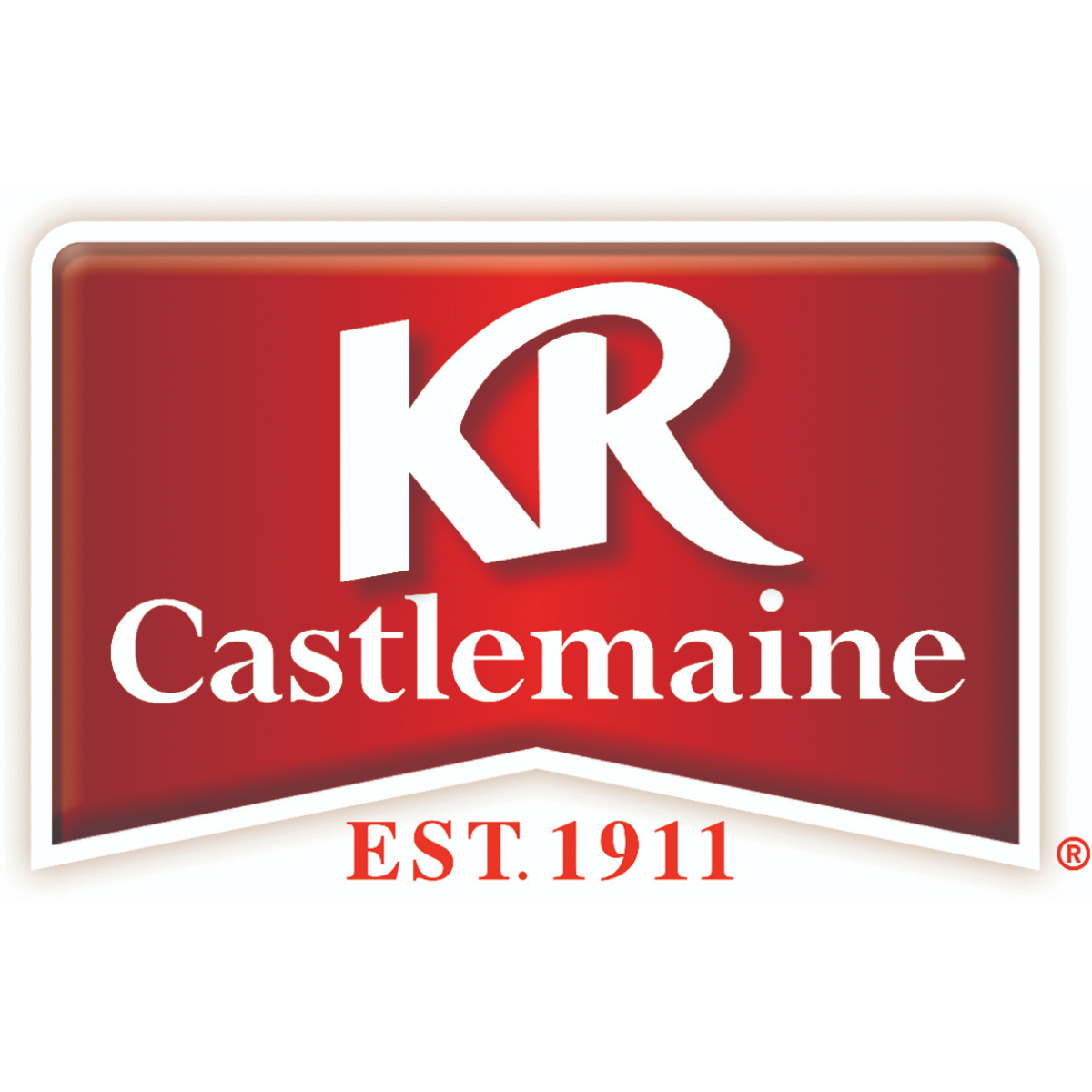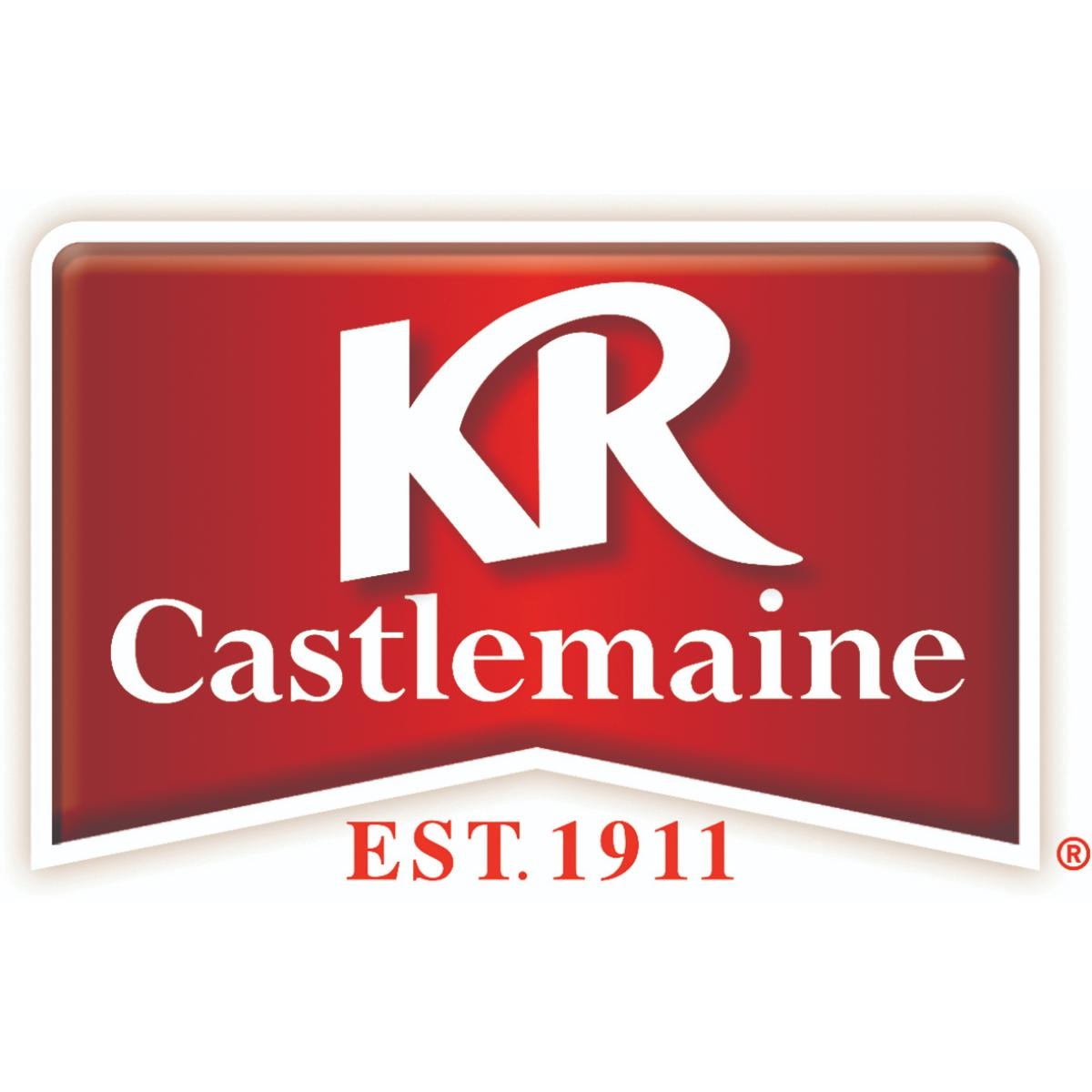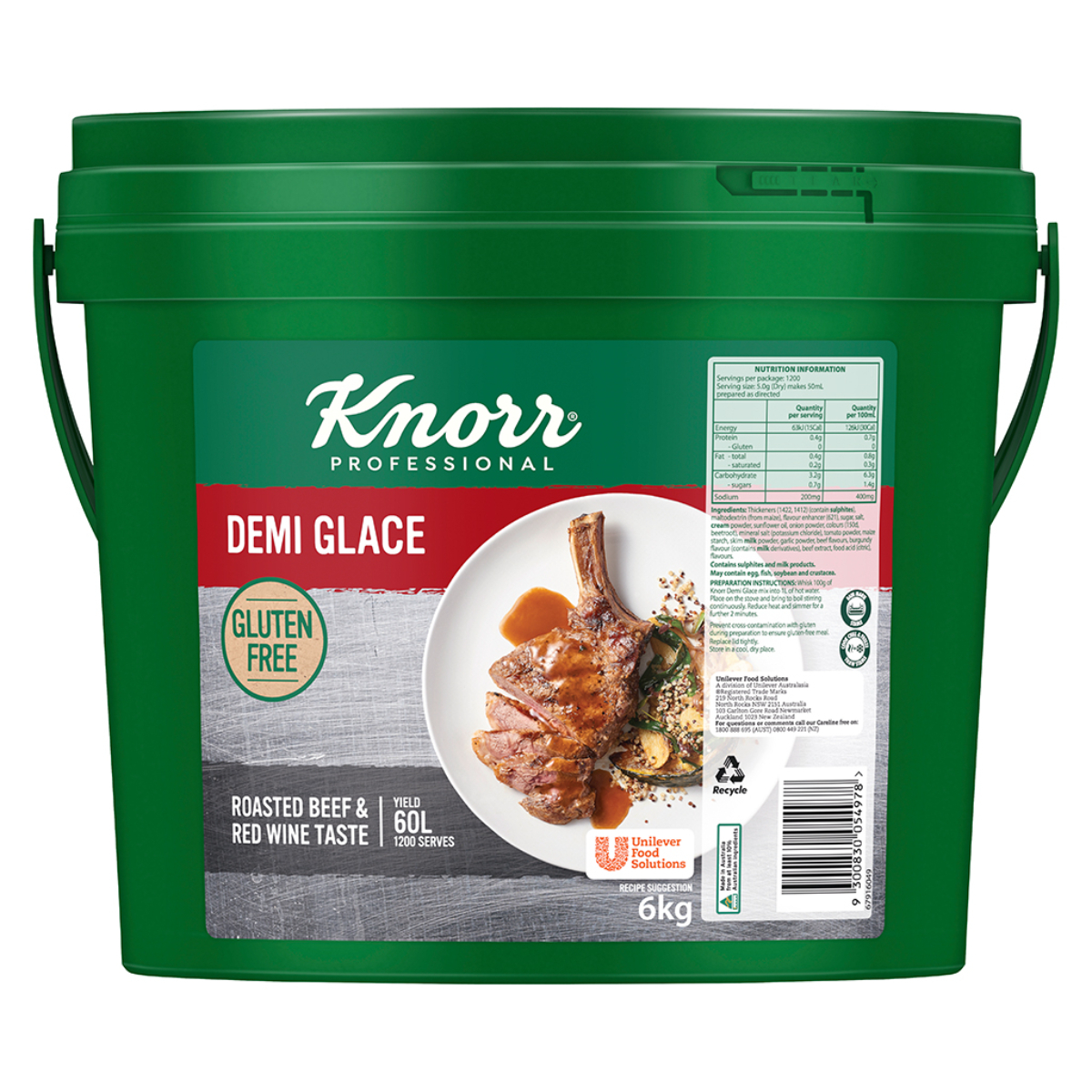If you sit down for some of the famous sadya served on a fresh banana leaf at Babaji’s Kerala Kitchen in the rainforests of Belgrave, Victoria you might notice the mix of staff.
“We’re possibly the most diverse little Indian restaurant you’ll stumble upon,” says Billy Crombie, Babaji’s Kerala Kitchen co-founder.
“Diversity to us means employing and supporting single mums, training Anglo-Aussie chefs to be Indian chefs, encouraging staff on the spectrum and having staff that speak Auslan, all whilst celebrating our own South Indian culture.”
Babaji’s Kerala Kitchen has come a long way in its attitudes to diversity, and the mix of ages, nationalities and neurodiversities who now work there is a stark contrast to the way the restaurant operated when it first opened five years ago.
Crombie’s husband, head chef Max, who hails from Kerala in South India, came from a traditional background and once had very firm ideas of whom he would employ.
“Women are not in restaurant kitchens in India, and initially he would not employ somebody unless they were Indian and a guy,” Crombie says.
But after COVID hit and Babaji’s Kerala Kitchen faced the same staffing shortages and loss of international staff as many Australian food-service businesses, they had to look outside the box to cover shifts.
“A young woman from Kerala was able to work for us and she has gone on to pretty much become the backbone of our business,” Crombie says.
“We do a lot of bulk cooking and you require a lot of physical strength and Max had his eyes opened to the fact that women can do this.”
Soon they were hiring local Anglo wait staff and before long, recognised that single mothers and older women were an untapped resource for restaurants.
“I was hearing from single mums that they couldn’t get work for two days a week or for the hours that suited their caregiving, and I was like, ‘Come and work for me one night a week’,” Crombie says.
“We’re open six days a week for lunch and dinner so we have a lot of shifts across the week, which means we can offer flexibility. They’re brilliant at multitasking and taking responsibility. We’ve also had a grandma employed to do the dishes and a number of staff on the [autism] spectrum as well, and we are very encouraging about everyone’s uniqueness. We also try to respect special religious festivals that are important to our staff and give them the day off if we can.”
Babaji’s Kerala Kitchen is just one of countless Australian workplaces that are now recognising and celebrating the need for diversity, finding it not only creates happier, healthier teams but benefits the bottom line as well.
Why inclusivity matters
When Sebastian Pasinetti was doing his chef apprenticeship, he saw very few people like him.
“If I had a racial backlash or a queer slur from a customer, I had nobody to go and report that to who would see it in the same way I would see it,” he says.
“I really wanted to foster that [safe] environment, so for the last 15 years of working in the industry, I’ve been trying to do that.”
When he opened Oko restaurant in 2022 with his mother Luciana, he put firm policies in place to ensure everyone felt they had a voice.
“We introduced a traffic light system where staff rate their headspace at the start of every shift,” he says.
“It’s broken down and destigmatised conversations around mental health and means if someone says, ‘I’m not feeling good today’ someone else might take on a little more. I’ve noticed that we haven’t lost a staff member since we opened.”
Now Pasinetti’s taking his lived experience a step further, launching Minds en Place with Colournary magazine’s Rushani Epa, a training organisation that delivers resources, education and bespoke programs for restaurants to become more inclusive, safe and mentally healthy.
To do that, they partner with experts with lived experience to deliver workshops on everything from mental health to cultural diversity, disability and accessibility, gender and sexuality, and sexual harassment.
“We had been in training sessions before where a white cisgendered person was up there talking about pronouns or racial awareness in the workplace and it just didn’t hit the same as if somebody was sharing this information via lived experience,” Pasinetti explains.
When working with new clients, Minds en Place (a play on the French term mise en place which means to prepare a workstation before service) commence with a staff survey to identify issues of concern and importance.
“Every business owner we’ve done this with so far has come with a preconceived idea of what they think they’re going to need and it’s been totally opposite to what the team says they need,” Pasinetti says.
Pasinetti says often hospitality businesses think they’ve got a culturally diverse team, but when you look closer, you realise that people of colour are more likely in lower-level roles.
“I went to a leader summit two weeks ago and not one person on the panel was a person of colour,” he says.
“So how do we bridge that and get the people working on the ground to be part of the conversation to make decisions about how the industry moves forward?”
The business case for diversity
Recent research shows nine in 10 business leaders believe that increasing diversity and inclusion will benefit their business, identifying it as a key driver of consumer purchasing decisions.
“Constant turnover of staff and having to retrain staff and pay out annual leave is one of the most expensive parts of hospitality,” Pasinetti says.
“Prioritising the staff you already have and making a healthier work-life balance and a psychologically and emotionally safe environment will really cut those costs and enable them to be spent on [diversity] training.”
Crombie agrees that promoting diversity in hospitality is a sound business decision.
“You get loyal staff and you get recognition in the community for being inclusive,” she says.
“When we first came out of COVID, I didn’t want to look at my phone because I was having to cover 70 percent of my staff every day – it was really stressful. Now we’ve got 22 staff and I’d be lucky to have one person a week who calls in sick.”

